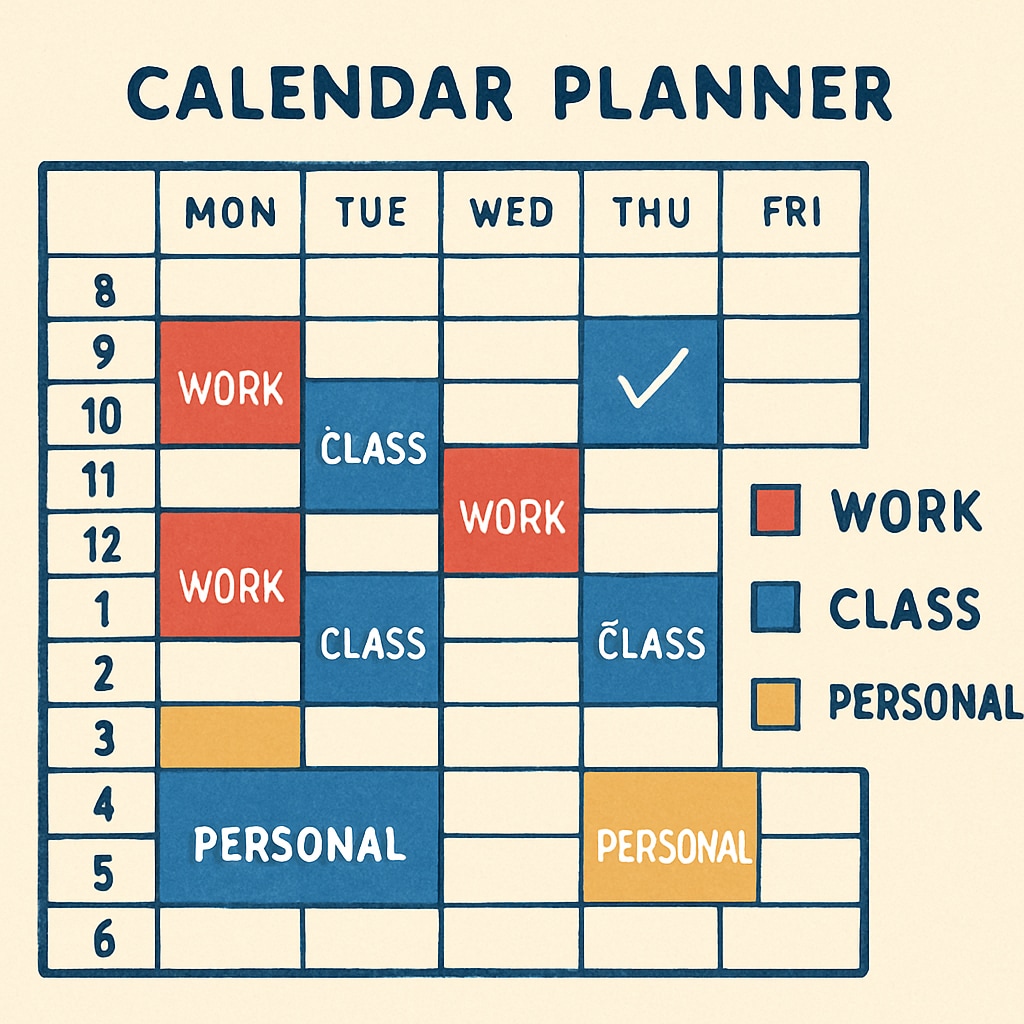For mid-career professionals, the pursuit of higher education degrees often comes with challenges in balancing their academic goals with professional responsibilities. The decision to further one’s education can significantly impact career development and enhance personal growth. However, managing time effectively and deciding whether the effort aligns with long-term objectives are key hurdles. This article explores these challenges and offers actionable strategies to help professionals navigate the complexities of combining work and study.
Why Pursuing a Degree Matters for Career Growth
Higher education degrees serve as a catalyst for career advancement. For example, obtaining an MBA or specialized Master’s degree can open doors to leadership roles, higher salaries, and expanded networks. However, professionals often wonder if the benefits outweigh the sacrifices, especially when juggling work responsibilities, family commitments, and personal aspirations.
Within competitive industries, advanced qualifications can set candidates apart. According to a study by Britannica, individuals with postgraduate degrees typically earn higher salaries and are more likely to secure executive roles. Therefore, the decision to pursue further education must align with one’s career trajectory and personal goals.

Key Challenges: Time Management and Value Assessment
Time management emerges as the primary challenge for mid-career individuals. Balancing work deadlines with academic assignments often results in stress and burnout. Additionally, professionals must evaluate whether the degree offers tangible benefits for their career growth or merely serves as a personal achievement.
In many cases, the opportunity cost of pursuing higher education—such as reduced income due to part-time work or missed chances for promotions—can deter professionals. According to Wikipedia, lifelong learning is essential, but assessing the return on investment (ROI) for advanced degrees is equally critical.

Strategies to Balance Career and Education
Despite the challenges, several strategies can help professionals effectively integrate work and study:
- Create a structured schedule: Block out specific times for work, study, and rest to avoid overlaps and ensure productivity.
- Leverage technology: Use productivity tools like scheduling apps and online learning platforms to streamline tasks.
- Communicate with stakeholders: Inform employers, colleagues, and family about your academic goals to gain their support and adjust workload expectations.
- Focus on high-impact courses: Choose programs or degrees that directly align with your career objectives to maximize ROI.
By implementing these strategies, mid-career professionals can create a sustainable balance that fosters both academic success and career growth.
Long-Term Impacts of Higher Education on Professional Life
While the immediate challenges may seem overwhelming, pursuing higher education often leads to long-term benefits. Advanced degrees can enhance critical thinking, expand professional networks, and improve job security. Moreover, the intellectual stimulation gained from academic pursuits contributes to personal fulfillment and resilience.
Ultimately, the decision to pursue a degree should align with one’s career aspirations and personal passions. By carefully assessing the trade-offs and employing effective time management strategies, professionals can achieve their educational goals without sacrificing career momentum.
Readability guidance: Use concise paragraphs and lists to summarize key points. Maintain balance between actionable advice and analytical insights. Distribute transitions (however, therefore, for example) evenly across the text.


